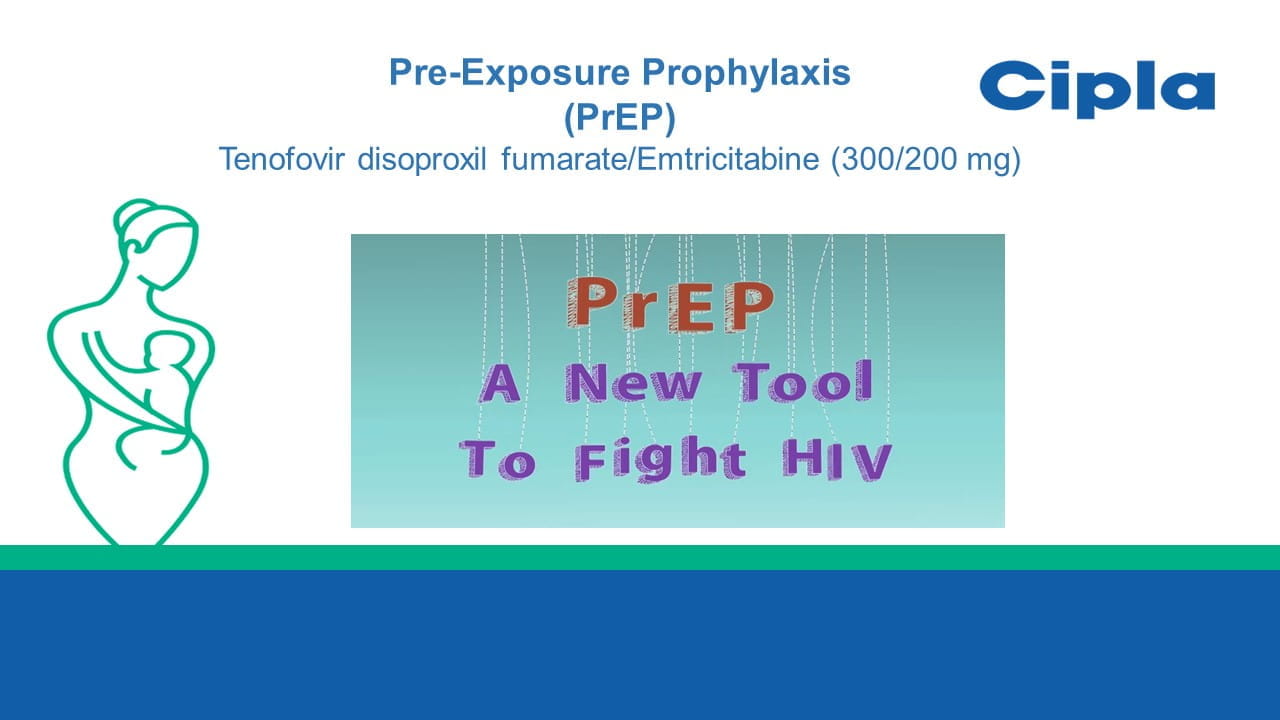AIDS 2024: Innovations in PrEP Delivery and Products to Reach Those Who Need It
Speaker: Angela Tembo
South Africa has over 3,500 registered community pharmacies offering services like Human Immunodeficiency Virus (HIV) testing, contraceptives, and doctor-prescribed medications, including antiretroviral therapy (ART), post-exposure prophylaxis (PEP), and pre-exposure prophylaxis (PrEP). Pharmacies also played a key role in the COVID-19 vaccine rollout and are often the first point of contact for emergency contraceptives and female-controlled interventions (FCI) treatment, indicating high HIV risk. In 2021, a human-centered design approach assessed the need for PrEP in pharmacies, which is currently available only with a doctor's prescription. Participants ranked confidentiality, non-judgmental environments, and trustworthiness of pharmacy staff as top factors for making pharmacies appealing for PrEP delivery. Other important factors included ease of access, cleanliness, and convenience, particularly since public sector facilities operate only from 8 AM to 4 PM.
The formative work identified three key themes for the intervention package: healthcare training, collaboration, and patient education. First, pharmacists need proper PrEP training, with clear training goals and procedures emphasized. Second, collaboration with other healthcare providers is crucial for comprehensive sexual healthcare. Lastly, extensive patient education ensures successful PrEP use and improved outcomes. Participants noted the need for pharmacists to educate clients, dispel misconceptions, and engage customers about PrEP. These insights guided the design of the intervention.
The pilot intervention in South Africa targets 1,900 men and women over 18 to evaluate pharmacies' acceptability, feasibility, and sustainability as sites for delivering comprehensive PrEP services. The pilot focused on oral PrEP but also included an online platform and cabotegravir as an option. Conducted in two of the largest provinces, it involves 10 pharmacies, partnering with two major retail pharmacy chains and the Independent Community Pharmacies Association, which has a significant presence in rural areas. Data on initiation and continuation were reported to the National Department of Health.
Participants were recruited from various areas within the pharmacy, including aisles, the clinic, and the dispensary. Social media and word of mouth help attracted individuals outside the pharmacies, while pharmacy staff handled recruitment within. PrEP is provided according to South Africa's National Department of Health guidelines. After dispensing, clients received an appointment card with the return date. Since starting June 2023, around 1,672 individuals have been screened across 10 pharmacies and enrolled 1,495. A higher proportion of enrollers were female, and 35% come from rural areas.
The characteristics of participants in the intervention revealed that 76% reported engaging in condomless sex, and 51% had partners with unknown HIV status. These findings suggest that discussions with pharmacy staff should focus on PrEP suitability based on individual risk factors rather than solely on eligibility criteria.
Key takeaways from this pilot study include the fact that pharmacy staff can effectively identify and initiate candidates for PrEP with adequate training and support. Notably, 89% of participants who started PrEP through this initiative are new users. The pilot study has reached 40% of men, including 13% of older men over 36. Although maintaining PrEP adherence is challenging, strategies such as integrating pharmacy loyalty systems are being explored to improve continuation rates.
The 25th International AIDS conference (AIDS 2024). 22nd-26th July, Munich, Germany




